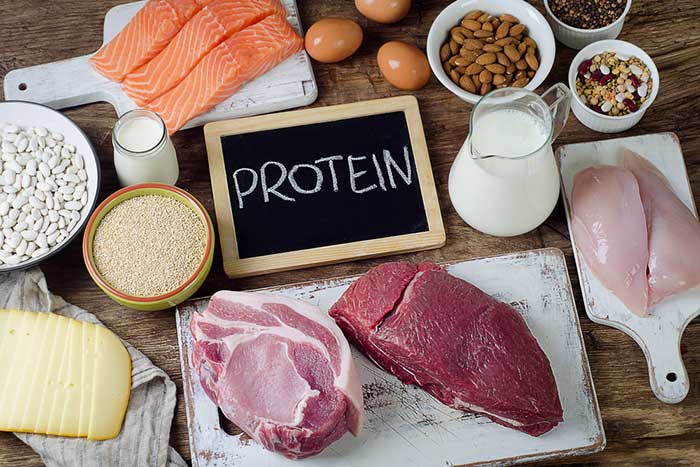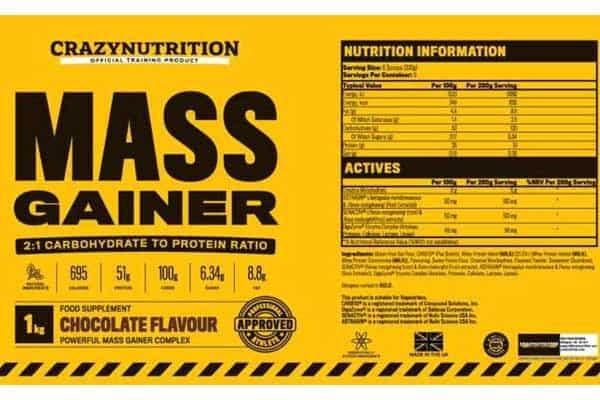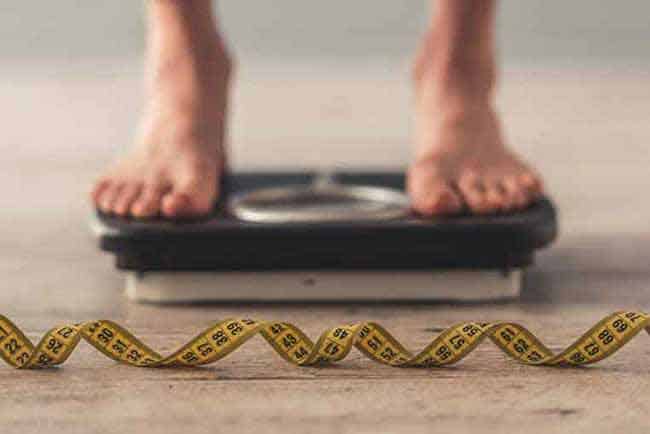
For smokers, one of the most life-altering decisions they can make is to go tobacco-free. Currently, the Centers for Disease Control Prevention (CDC) estimates that 61.7% of adult smokers in the United States are in the process of quitting. While quitting cigarettes is generally a good thing, for many, smoking cessation has the adverse effect of unwanted weight gain. According to a study by Berhe W. Sahle and his partners in 2021, individuals who gave up smoking put on between two to 20 pounds of weight within the 6 to 8 years after the fact.
Let’s take a look at why this happens and how to prevent it.
Why do you gain weight after quitting?
Those trying to quit smoking don’t merely gravitate toward food in general, according to research published in the journal Drug and Alcohol Dependence. Instead, they end up choosing foods with a lot of carbs and sugar because comfort food activates the same dopamine in the brain that smoking does. It satisfies a need to send replacement triggers to the part of the brain that loves nicotine. For want of this sensation and satisfaction, many former smokers tend to overindulge and thus gain weight. Fortunately, there are steps you may take to maintain your weight when you stop smoking.
How can you address unexpected weight gain?
Curb the nicotine cravings with alternatives
Sometimes the urge to pick up a smoke gets too strong. The nicotine dependence developed through habitual smoking will often make you crave high-calorie food as a replacement. In those moments, reach for nicotine product replacements like nicotine pouches instead. As seen by checking out the Rogue nicotine pouches on Prilla, these alternatives come in varying strengths from 3mg to 6mg, giving you the ability to gradually reduce the dosage as you get more comfortable. It also comes in a variety of sugar-free flavors so you can have the feeling of indulgence even if you’re trying to cut back on excess sugar. The nicotine content in the nicotine pouches will continue to reduce your feeling of hunger and trigger your metabolism to limit weight gain. If you’re looking for other alternatives, these products also come in the form of patches, gums, and lozenges, though these aren’t always as discreet.
Regulate your eating with appetite suppressants
There is nothing wrong with a little bit of hunger, but if you are so ravenous that you must eat right away, you are more likely to choose something excessively fatty, salty, or sweet. Some people discover that increasing their daily water intake makes them feel fuller. Others find a high protein meal keeps them satiated for longer. If you’re still struggling with your incessant cravings, you can work with a nutritionist or try appetite suppressants like PhenQ. Since appetite suppressants work to dull excessive cravings, they can help you avoid unnecessary snacking that can lead to weight gain.
Find an activity you enjoy (or any distraction)
Smoking is a habit. By taking it away, your brain will try to compensate by looking for a way to keep your mouth and stomach busy. Instead of smoking or eating, choose another activity that will keep you occupied. Even a hobby that will keep you busy for just 15 to 20 minutes will do. Some people turn to exercise, which also helps burn calories and prevent weight gain. If you’re not too keen to get a workout every time you get a cigarette craving, you can also look into more passive options like knitting, sewing, or playing with fidget toys.
Knowing that nicotine withdrawal symptoms do eventually go away may be helpful. After initially peaking in the first few days, the severity of the symptoms often decreases over the course of the first month. The good news is that there are many things you can do to lessen your cravings for nicotine and prevent weight gain. Ultimately, gaining weight should not be a deterrent to smoking cessation. It’s perfectly avoidable and the effort is worth it.















